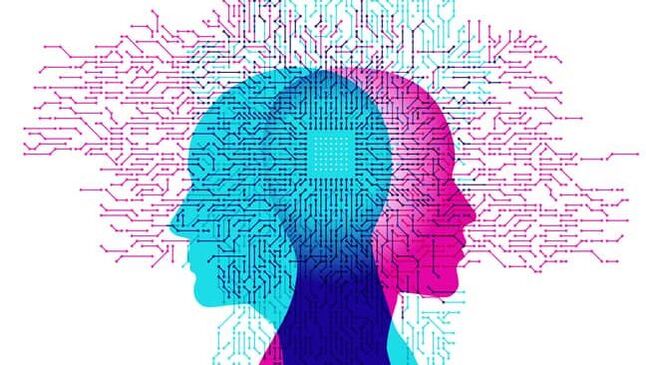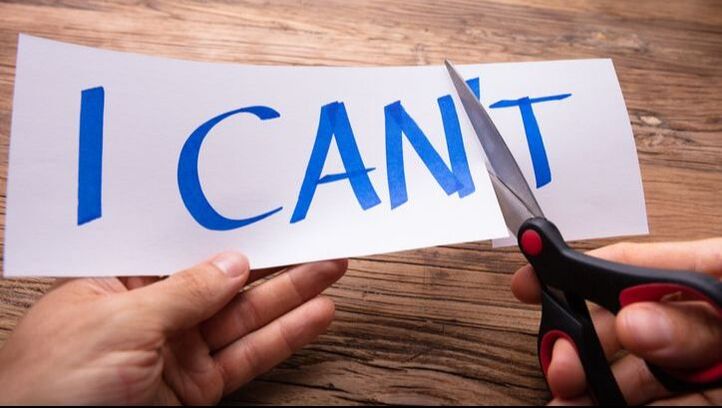Overcoming Addictions & Dependency
|
Addiction and dependency can take many forms - sex, gambling, alcohol, cannabis, cocaine, eating, gaming and shopping, for example. How do you know you may be addicted? If your behaviour around any of the above seems compulsive, out of control, you are preoccupied with the activity or that it impinges and has consequences on your life or relationships and you keep behaving or "using" regardless of those consequences, then you may be an addict. You may have tried several times to avoid the drug or behaviour, but you feel compelled to do it again at some point.
"We search for meaning in Life and sometimes we look in all the wrong places." |
|
Drugs and substance abuse
You may have started smoking cannabis socially but, over time, you've found you started smoking it to sleep, to relax, to get up in the morning, to manage your feelings, to "feel normal" and now you notice you use it far more than you'd imagined. You may have started using cocaine on "special" occasions, but now you've noticed you can't wait until it's Friday again, or you're using it during the week, or you can't remember what it was you did when you were high last weekend, and your relationships are suffering for it. Perhaps it's taking you from Monday to Friday to shake off that deep depression caused by the come down from cocaine. There are many reasons we become addicted or dependent. Each of us are individual and there may be genetic factors, psychological factors, personal histories and family backgrounds that influence us. Alcohol dependence & addiction What is an alcoholic? We often have the image of a homeless person who cannot function on any level, who drinks from morning until night. The reality is, many alcoholics are "functioning", have careers, children, homes and families. Sometimes they may not drink at all, often for weeks or months, but when they do, they binge, out of control. Other alcoholics will drink every day, still holding down jobs. Our behaviour around alcohol can cause problems with relationships, self-esteem, money, the law, health and work. It's at this point we might recognise we have a problem but perhaps not recognise we are addicted or dependent. We might try to control our consumption, in the illusion we have control of the problem rather than the other way around. The alcoholic will almost certainly be feeling shame, which fundamentally fuels the addiction. Emotional disturbance can be overwhelming when a person tries to stop drinking as well as the physical withdrawals and consequences which manifest on stopping. The person then may find relief in another drink and the shame cycle begins again. Whether you are addicted or feel these behaviours, activities or substances are detrimental to you and would like to stop, Angela has experience of working with substance abuse and addicts over the past 25 years. She understands the mechanics of addiction, the causes and the emotional and physical elements that keep you going back for more. Where substance abuse needs medication as part of recovery, Angela is happy to work alongside your GP or medical specialist to assist you. |
Whether it's cannabis, cocaine or other recreational drugs including alcohol, Angela has worked in this field for many years and will work to assist you in breaking free from addiction, dependency and substance abuse. You will work together to discover and understand the reasons you chose to "self-medicate". She will also help you develop coping strategies in case of relapse as well as develop an understanding of your behaviour, become self-aware and nurture a healthy relationship with yourself and your emotions. It may be that you also choose to attend group AA or NA meetings - something Angela fully supports. Other addictions or compulsions Some "everyday" activities can become addictions, such as sex, food, shopping, work, gambling, gaming, etc. These addictions and compulsions can cause just as much devastation and trauma as substance addiction. With some of these activities there is a large element of excitement and adrenaline, which affects the neurochemistry, altering one's emotional experience. These addictions also serve to remove the person from reality, distracting and numbing the user, allowing them to fantasise and to escape emotions and thoughts. The affect can be detrimental to relationships, work, health, finances, self-esteem, etc. Shame & addiction Our relationship with others and more importantly with ourselves is damaged by addiction and the basis of addiction - shame. That shame perpetuates the behaviours around addiction - concealment, lying, guilt and remorse. Shame is unlike guilt - guilt can be useful in addressing our behaviours and informs us of what's important to us. Shame, however, is often called "toxic shame" because it undermines the very core of us and cuts at the heart of our worthiness. Angela can work with you to elicit the underlying reasons for your behaviour and help you address the issues you may have been avoiding. She will also identify the triggers and stresses that keep the behaviour in place and help you to develop strategies and skills to prevent relapse. You may also wish to read about codependency and how it relates to addiction and substance abuse. You can call Angela on 07736 480 376 or email her for more details. |



